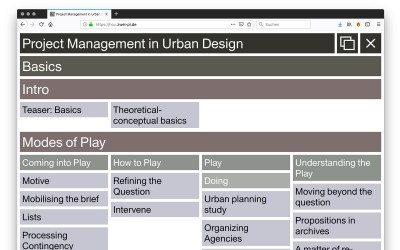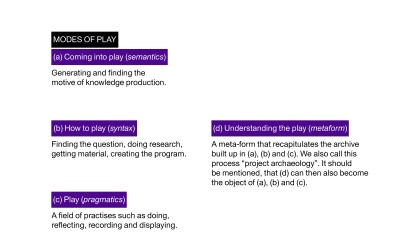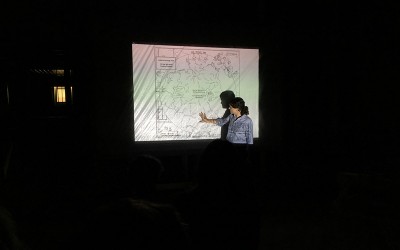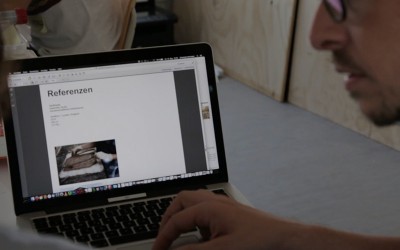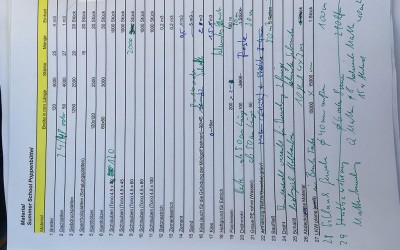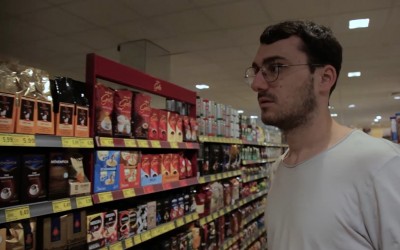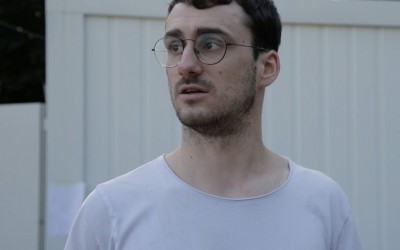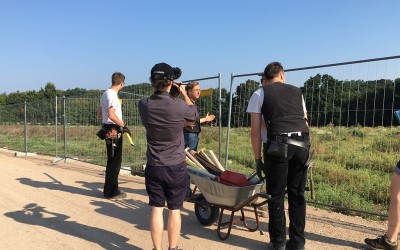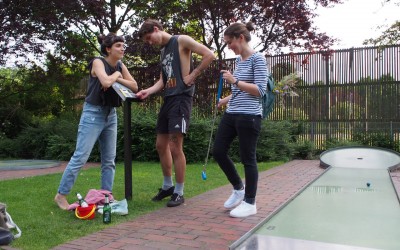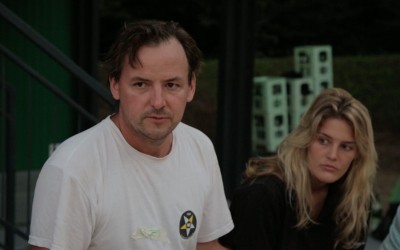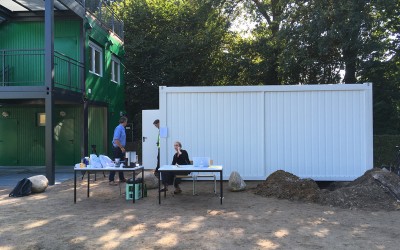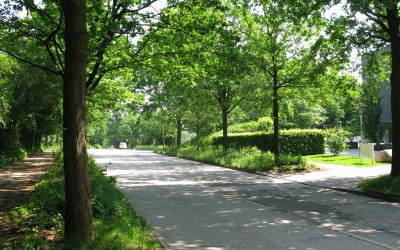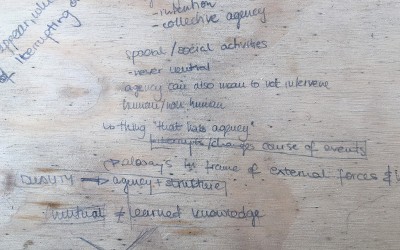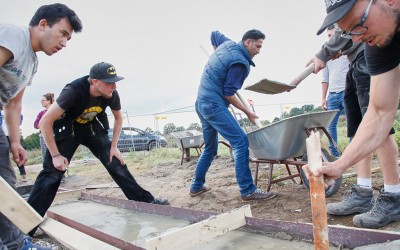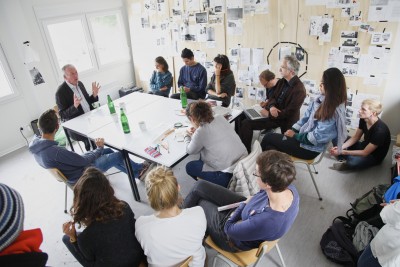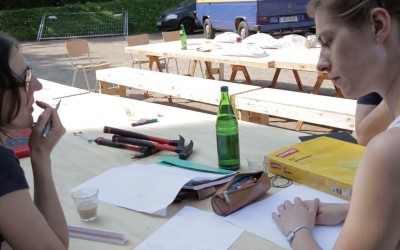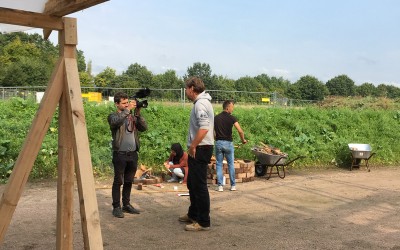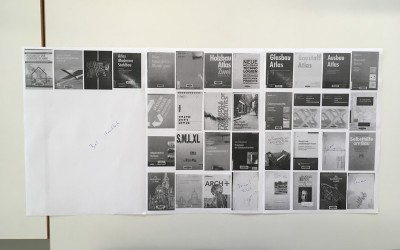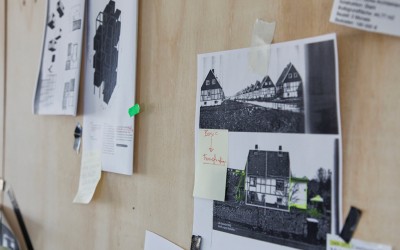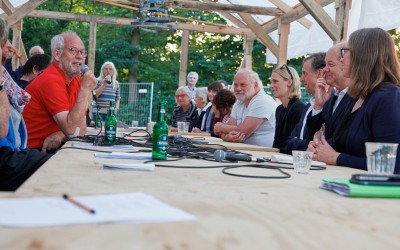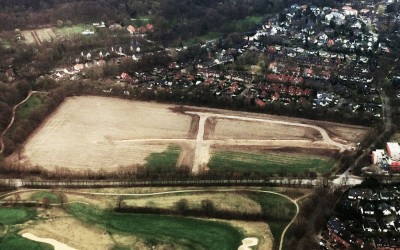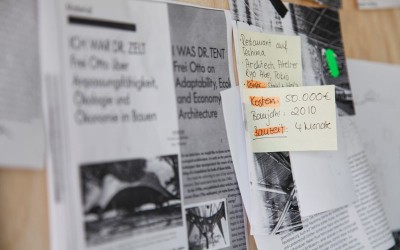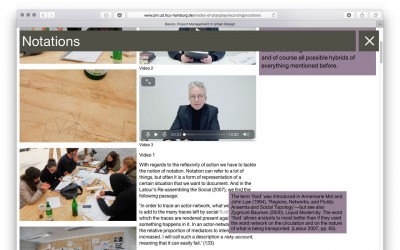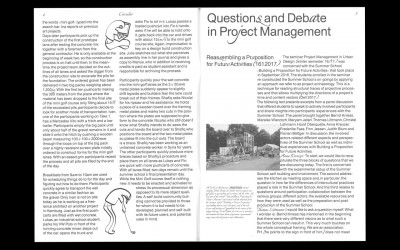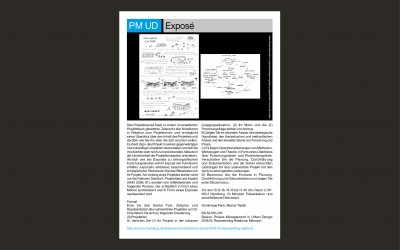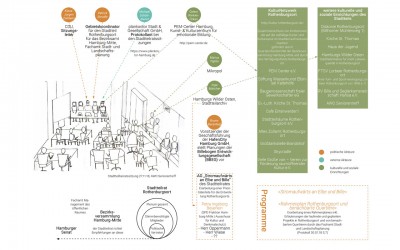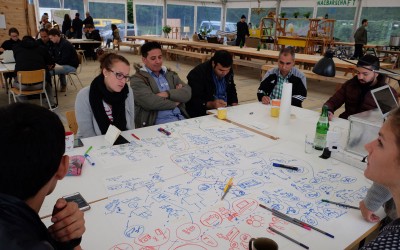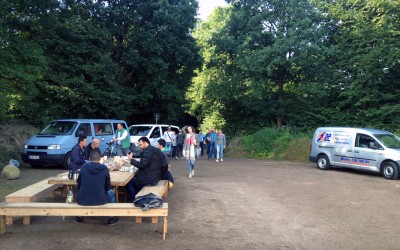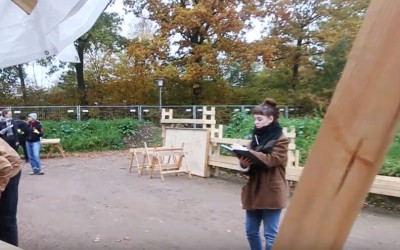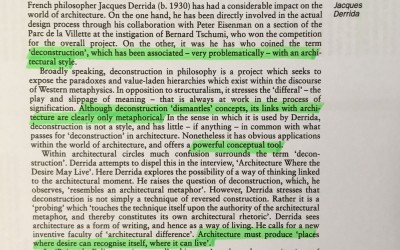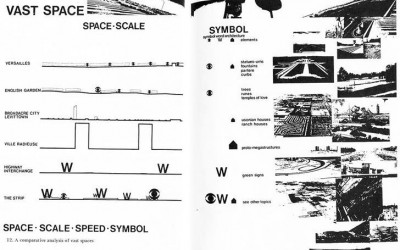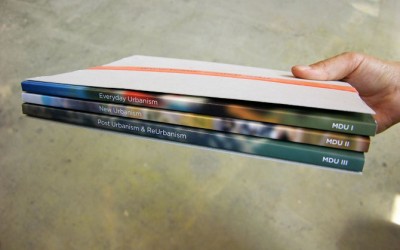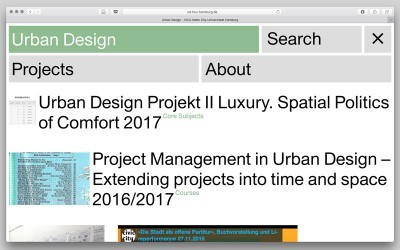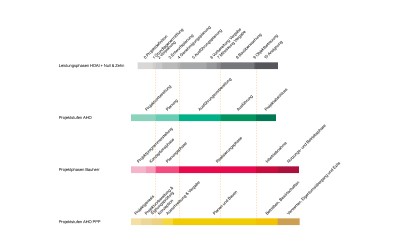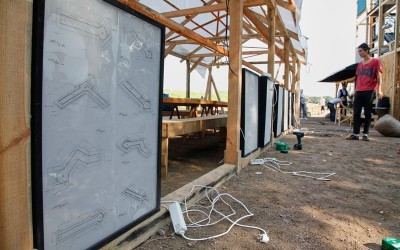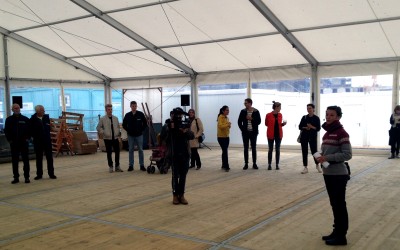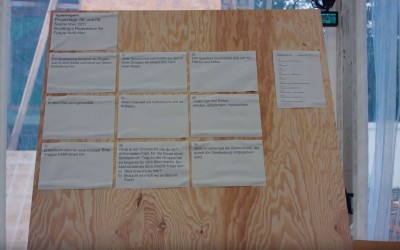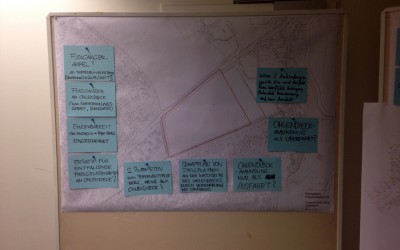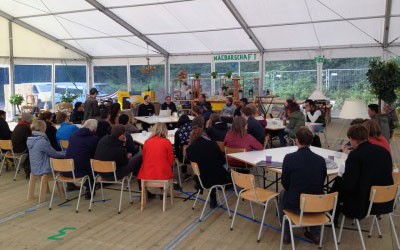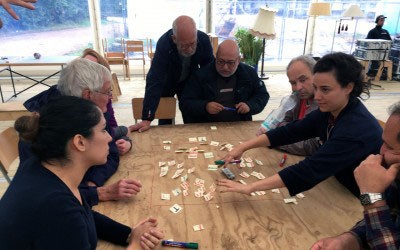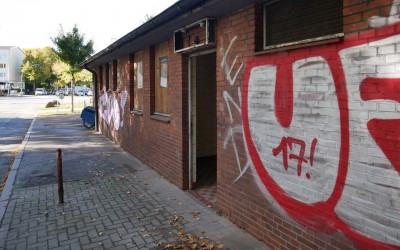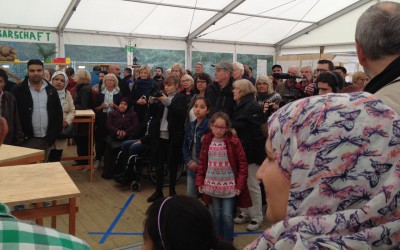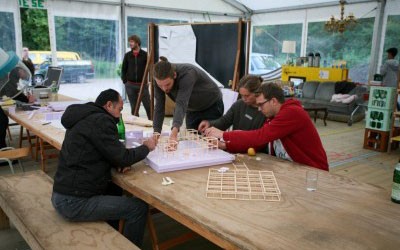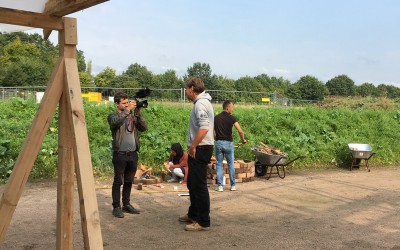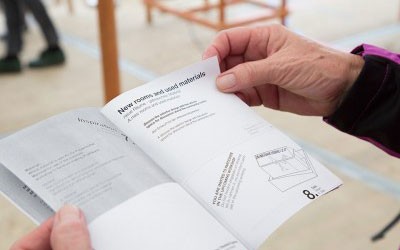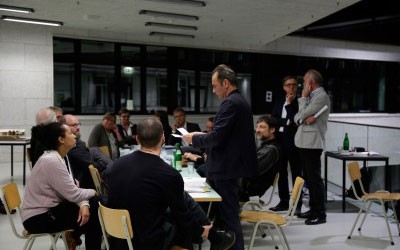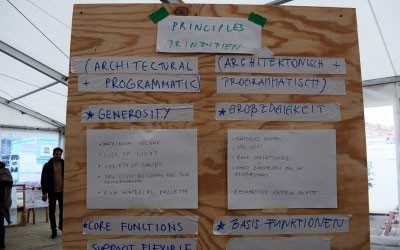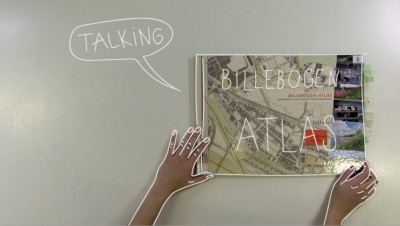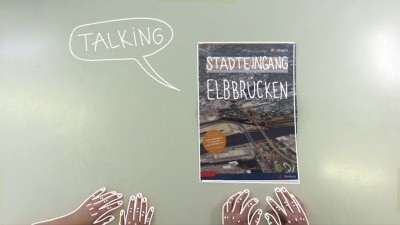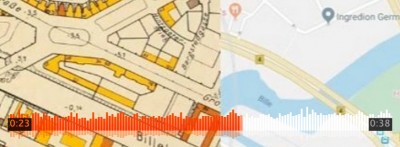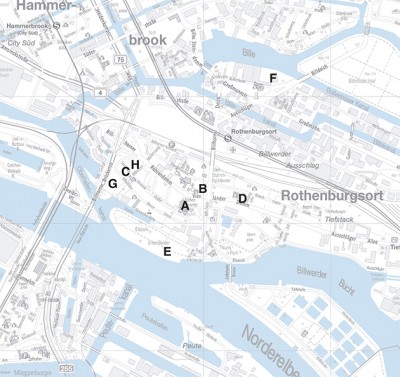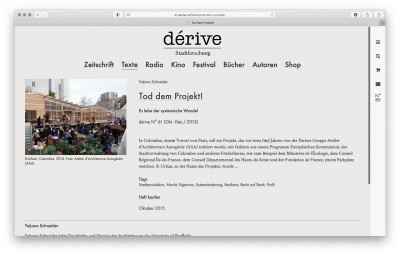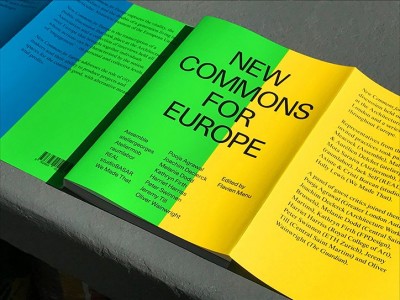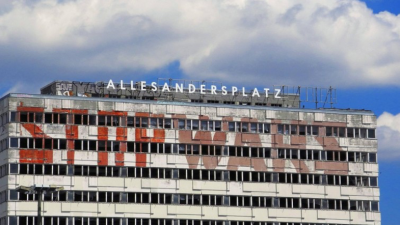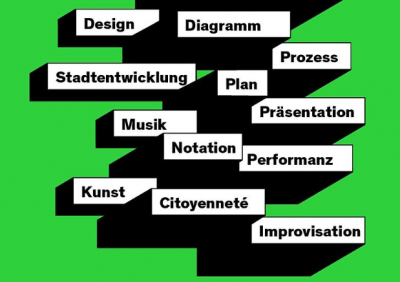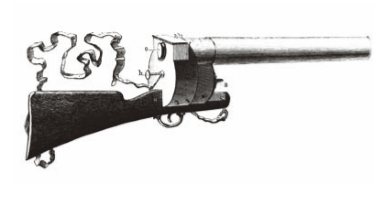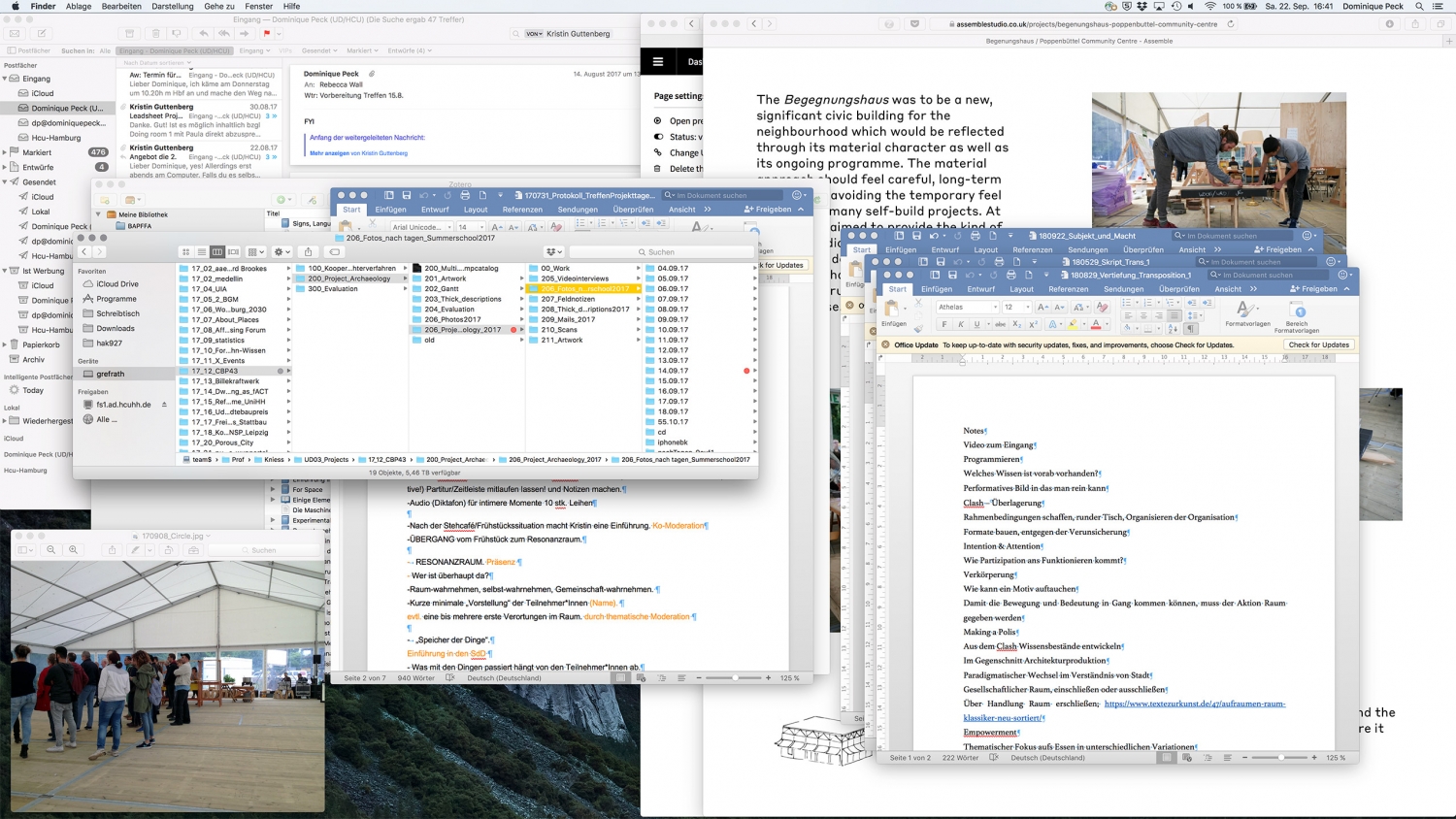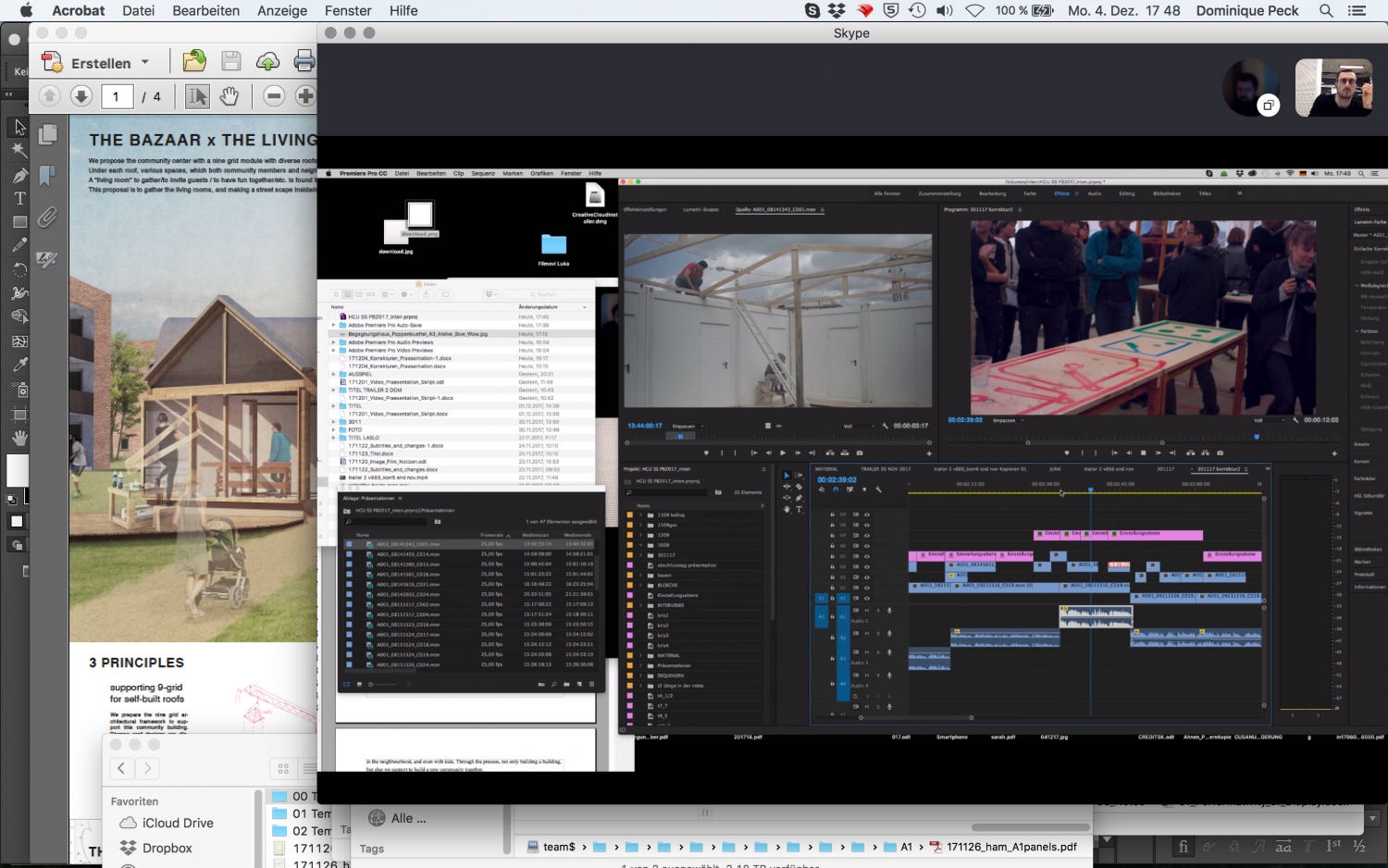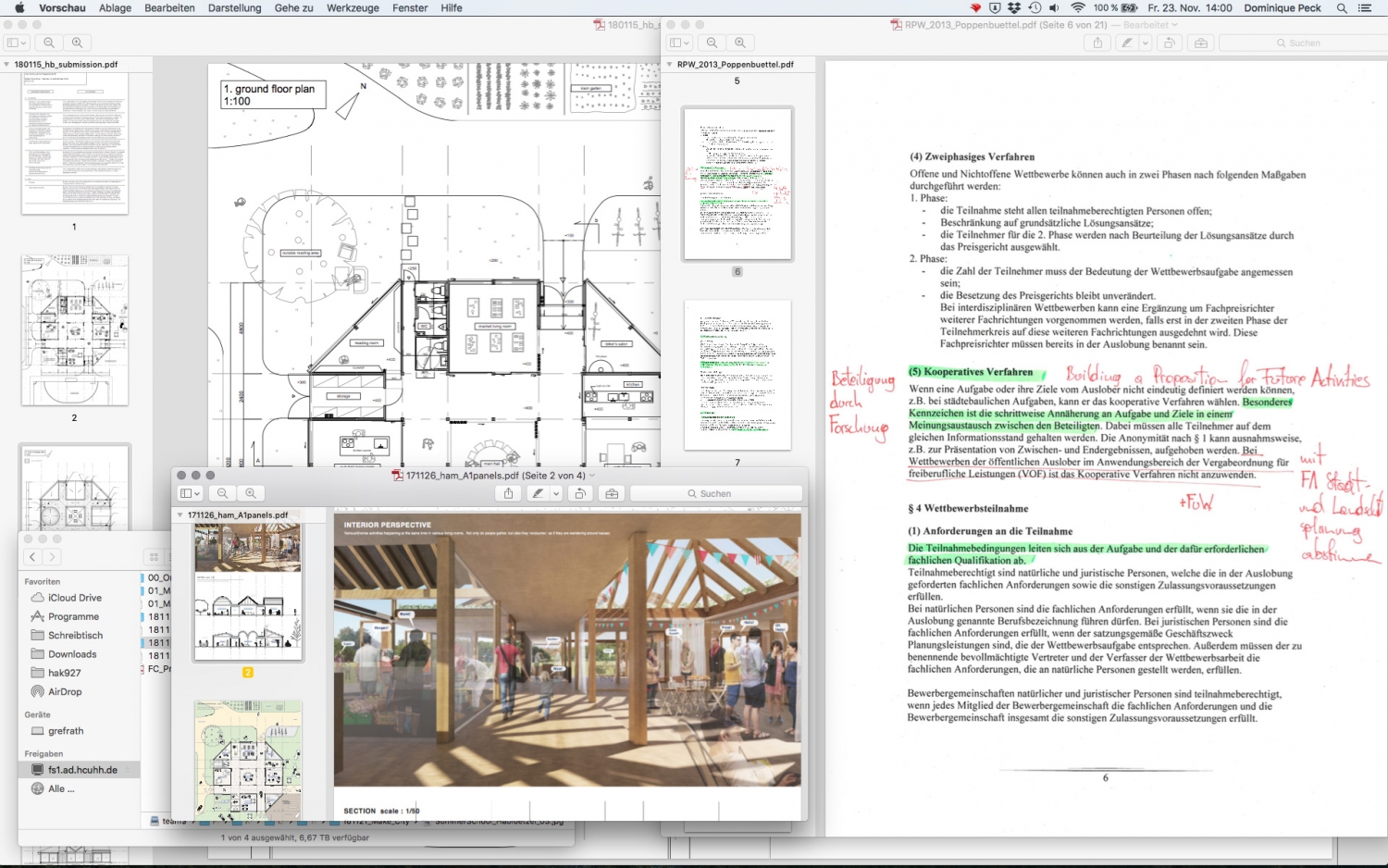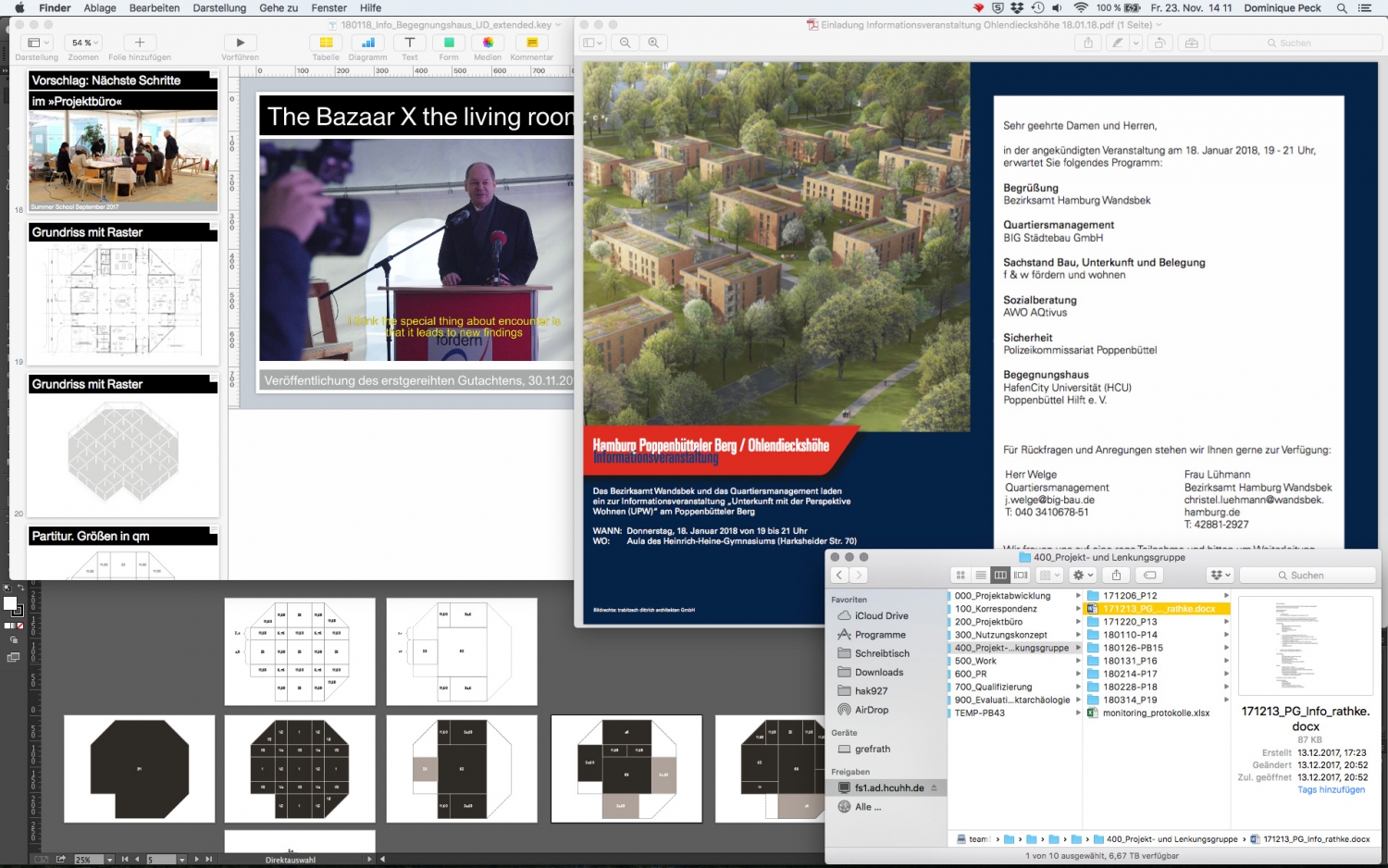The teaching and research program Urban Design has worked with the University of Neighborhoods on what it means to work as a university on urban development. One of the employees at Herzog & de Meuron, who worked on the megaproject Elbphilharmonie, together with the UoN team, organised the tree house workshops in intercultural practice seminar format. The documentation of the seminars forms the basis for the Round Table Redesign "What is urban Design to do in the Age of uncertainty?" with Christopher Dell, Bernd Kniess and Philipp Löper. The Round Table Re-design is part of the publication Tom Paints the Fence. The short excerpt here is intended to illustrate how the aspects of the production of a project archaeology relate to the demands already made on actors involved in the design of urban form in project work.
Bernd Kniess: When it comes to which actors are involved in a process such as dealing with indeterminacy, we are dealing with a question that Phillip Löper also experienced in the Elbphilharmonie megaproject. We know from the press that there were numerous conflict situations. In a conversation with Peter Eisenmann, Jacques Herzog even talks about the fact that the architectural firm Herzog & de Meuron also came into economic difficulties. How can actors in complex situations learn from processes and restructure them accordingly?
Philip Löper: These are stuck situations. Someone makes an accusation that has to be legally refuted on the other side without making new accusations possible. In doing so, one always proceeds with the attitude that a compromise is a defeat, because then it is no longer about the matter at hand. It is incredibly difficult to understand these processes first.
Christopher Dell: The University of Neighbourhoods is a comparatively small project. But if we want to address this concern in the curriculum, city planners, architects, cultural and social scientists and probably a few more, can practice learning processes here in order to be able to upscale the process in the following – in interaction with what you definitely need to know and be able to do in a disciplinary manner. That should run parallel, the disciplinary level and the learning of process reading.
